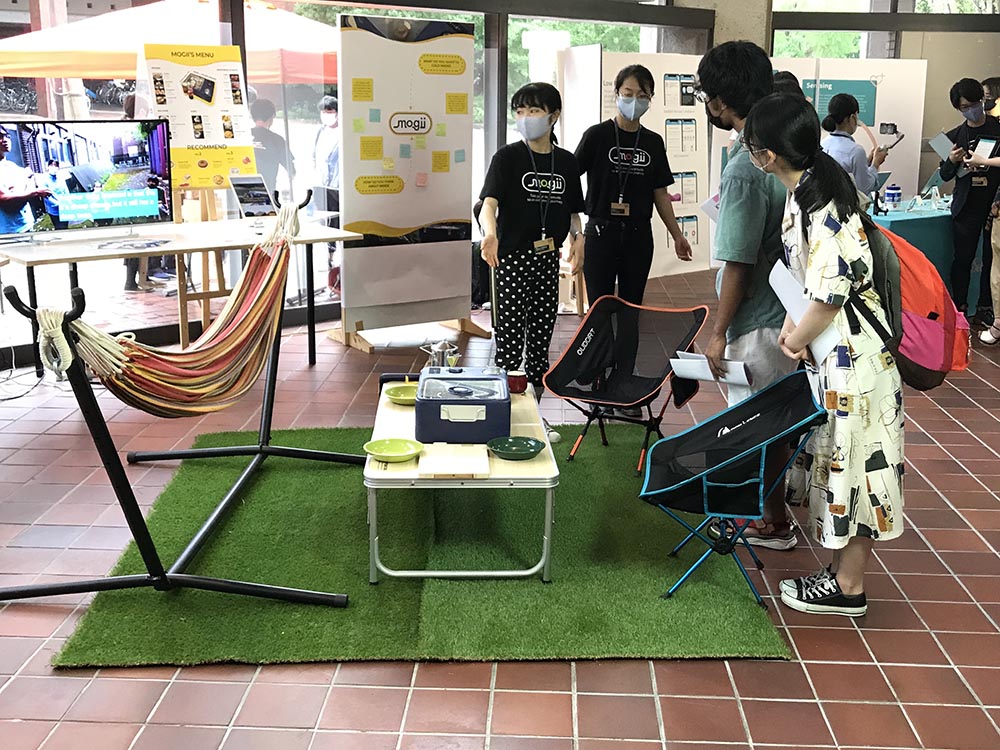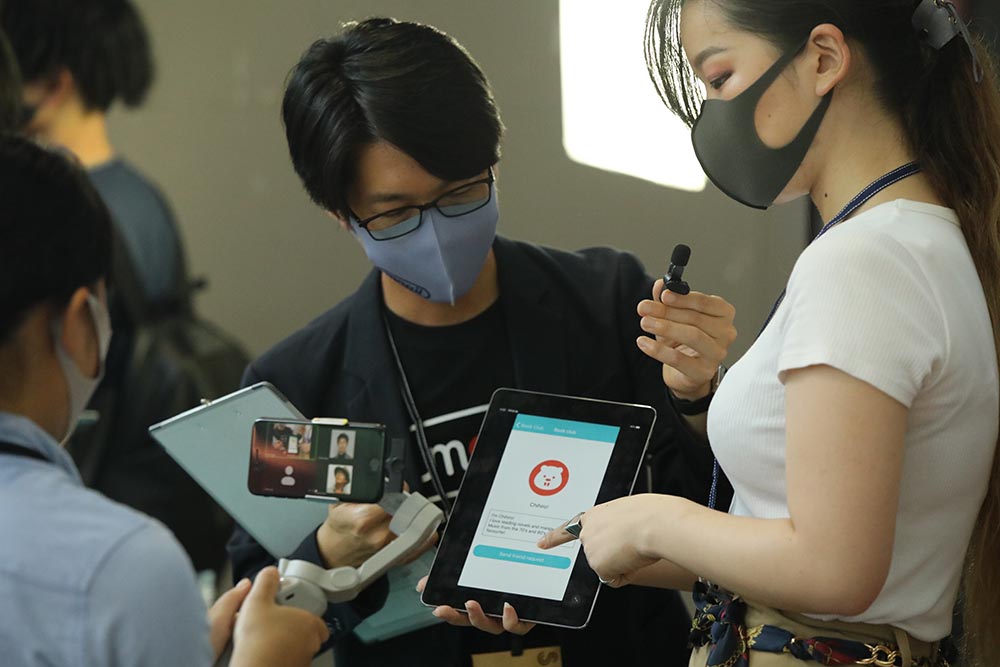Design Thinking in the Age of the New Normal and the Challenges of International Programs — Based on the experience of "Kyoto Design Thinking EXPO"
Under the theme of “Creativity born from cross-disciplinary approaches”, the KYOTO Design Lab at Kyoto Institute of Technology (KYOTO) holds the “ME310/SUGAR” program every year. It is a nine-month program in which participants work together with overseas universities using design thinking methods to tackle various issues provided by global companies.
The “ME310/SUGAR” is an educational network in which the “ME310” program from Stanford University has spread to over 20 universities around the world as the “SUGAR Network” and Kyoto Institute of Technology is the only research and educational institution in Japan to participate in this network.
On July 9, 2021, Kyoto Design Thinking EXPO 2021 was held as an opportunity to present the results of the project. Last year’s event could not be held due to the impact of the new coronavirus infection, but this year’s event was a new attempt to hold a hybrid of online and on-site events.
This fiscal year, two projects were successful: “Providing a new camping experience with outdoor cooking equipment [Mogii] that realizes cold smoking at -10°C”, which was developed in partnership with the Swinburne University of Technology in Australia and cooperation with Nakanishi Metal Industry Co. Ltd. and KAIMEN, and “Sela, an app solution for enhancing people’s resilience to mental disorders” developed in collaboration with the Hasso Plattner Institute and Takeda Pharmaceutical Company Limited.
Usually, we would have emphasized exchanges with our partner universities and repeated concept making and prototyping based on extensive research while travelling between the two universities. However, due to the coronavirus disaster, the entire process had to be completed online. Creating products based on limited online communication with overseas students was stressful, and we faced difficulty holding in-depth discussions. However, they gradually adapted to the system, and as their experience accumulated, their creative mindset grew, and they began to focus on production.
Nevertheless, one of the students spoken to after his presentation at the EXPO said, “After all, when I can make a presentation in real life, I feel that I am really alive”, and his expression was filled with joy as if the frustration he had felt with the Corona disaster activities had been resolved.
We have carried out many international programs under the concept of “Collaboration Platform”. However, now we are really feeling the difficulty of international collaboration and mobility with this pandemic. Even though the number of newly infected people is decreasing, the hurdle of inviting professors and students from partner universities to enter Japan is still high. It is important to build a system that can be completed online, but at the same time, we are still searching for what constitutes the new normal.
However, our hopes are gradually growing. We are facing the challenges at hand while looking ahead to return to a project that involves real interaction.

Staging the camp to raise interest in the product

A student introduces the functions and interface of “Sela”. You can test it out to experience it for yourself.
2022.3.29

 Return to List
Return to List